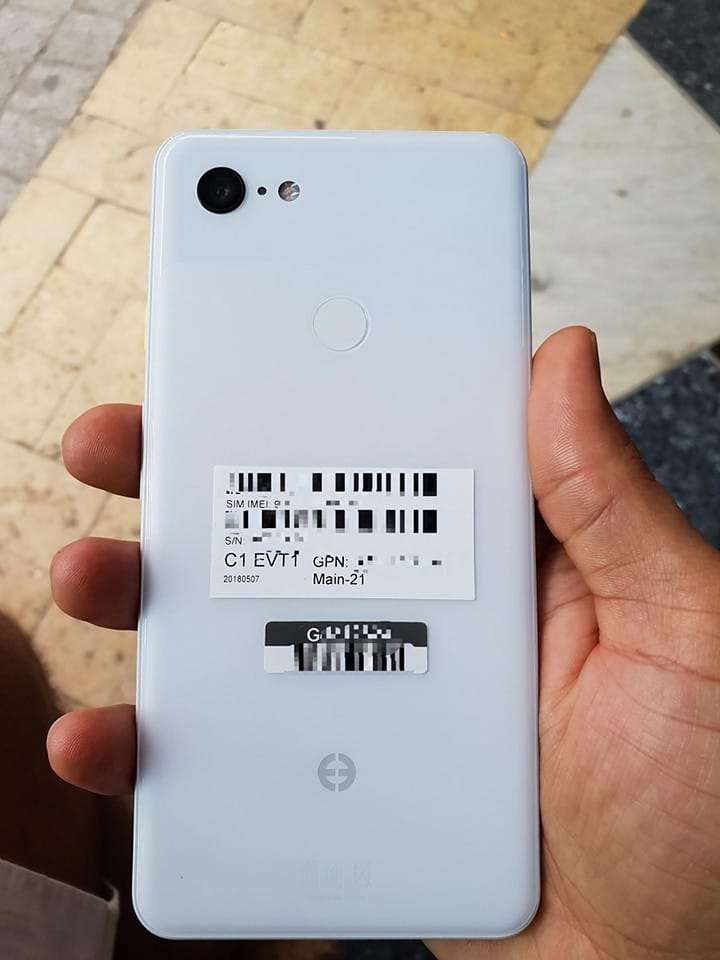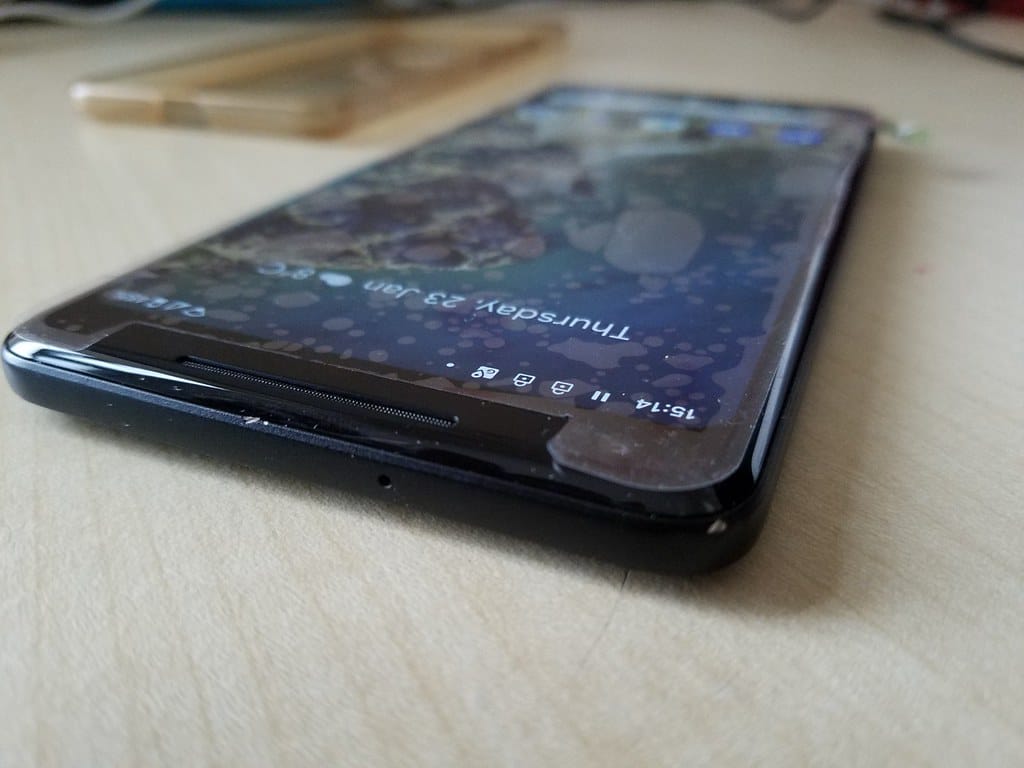Google's Battery Betrayal: Second Pixel Phone Gets Performance Throttling in 2024
Google has quietly rolled out another controversial battery management update that deliberately slows down older Pixel phones, marking the second time this year the tech giant has implemented performance throttling measures. The latest update affects the Pixel 6 series, following similar restrictions imposed on Pixel 5 devices earlier in 2024, sparking renewed debate about planned obsolescence and consumer rights.
The Silent Slowdown
The performance throttling was discovered by Android enthusiasts monitoring system logs after the December 2024 security update. Unlike Apple's highly publicized battery throttling controversy in 2017, Google implemented these changes without explicit user notification or opt-out mechanisms. The company buried mentions of "adaptive battery performance management" deep within system settings, accessible only through developer options.
According to benchmarking data from multiple tech forums, affected Pixel 6 devices show CPU performance reductions of up to 15% when battery health drops below 80%. Users report noticeable slowdowns in app loading times, camera processing, and multitasking performance—issues that mysteriously appeared after the latest system update.
A Pattern of Performance Reduction
This marks Google's second battery-related performance intervention in 2024. In March, the company applied similar throttling to Pixel 5 devices, citing battery longevity concerns. However, critics argue these measures primarily serve to encourage device upgrades rather than genuinely protect aging hardware.
"We're seeing a concerning pattern where Google is following Apple's playbook of slowing down older devices," said Maria Rodriguez, a digital rights advocate at the Electronic Frontier Foundation. "The lack of transparency and user control makes this particularly problematic."
The throttling affects devices typically 2-3 years old—coincidentally aligning with many users' upgrade cycles and warranty expiration periods.
Technical Impact and User Experience
The performance restrictions target several key areas:
CPU Throttling: Peak processor speeds are reduced by 10-15% when battery health deteriorates GPU Limitations: Graphics performance sees similar reductions, affecting gaming and video processing Charging Speed: Fast charging capabilities are disabled for batteries below certain health thresholds Background Processing: App refresh rates and background tasks are significantly limited
Users on Reddit and XDA Developers forums report these changes create a cascading effect where devices feel increasingly sluggish over time, even during basic tasks like web browsing or messaging.
Google's Defense Falls Short
Google's official statement claims the throttling prevents "unexpected shutdowns and extends overall device lifespan." However, the company provides no mechanism for users to disable these restrictions, unlike Apple's eventual implementation of user controls following public backlash.
The search giant also hasn't released specific battery health thresholds that trigger throttling, leaving users in the dark about when their devices might be affected. This opacity stands in stark contrast to Apple's detailed battery health reporting in iOS settings.
Industry Implications
Google's approach signals a broader industry trend toward managing aging devices through software limitations rather than hardware improvements. While manufacturers argue this prevents device failures, consumer advocacy groups contend it represents a form of planned obsolescence designed to drive upgrade sales.
The timing is particularly concerning given Google's recent push to extend Android update support to seven years for newer Pixel devices. Critics question the value of extended software support if performance is artificially limited as devices age.
Looking Forward: Consumer Rights and Transparency
The controversy highlights the need for greater transparency in how manufacturers manage device performance over time. Several proposed regulations in the EU and US would require explicit user consent for performance throttling measures, similar to existing battery replacement notification requirements.
For affected users, current options remain limited. Some have found temporary relief through factory resets or custom ROM installations, but these solutions void warranties and require technical expertise most consumers lack.
Key Takeaways:
- Google has implemented performance throttling on two Pixel phone generations in 2024
- Changes occur without clear user notification or opt-out mechanisms
- Performance reductions of 10-15% affect devices with degraded battery health
- The pattern raises questions about planned obsolescence and consumer rights
- Greater regulatory oversight may be needed to ensure transparency in device performance management
As the smartphone market matures, how manufacturers handle aging devices will likely become an increasingly important factor in consumer purchasing decisions and regulatory scrutiny.

